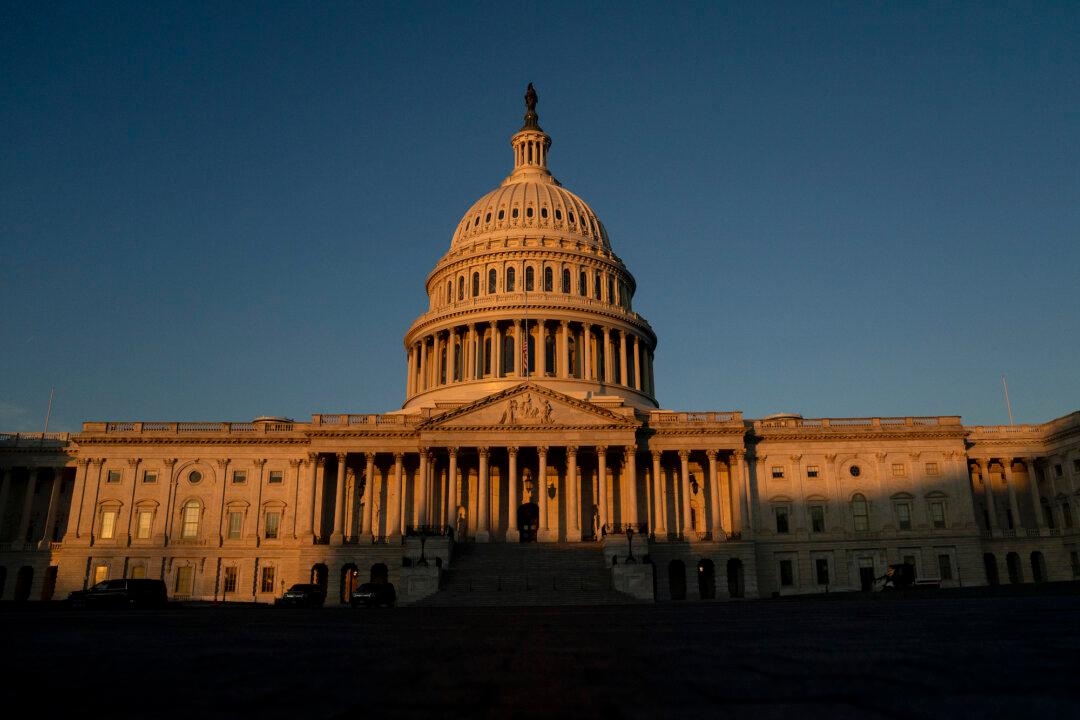Democrats in the House of Representatives, joined by 10 Republicans, voted to impeach President Donald Trump for a second time, in a 232–197 vote on Jan. 13. The single article of impeachment alleges that the president incited an insurrection that resulted in the breach of the U.S. Capitol on Jan. 6.
The impeachment, accomplished in a single seven-hour session, was the fastest in U.S. history. It is also the first time in the nation’s history that a president has been impeached twice.





